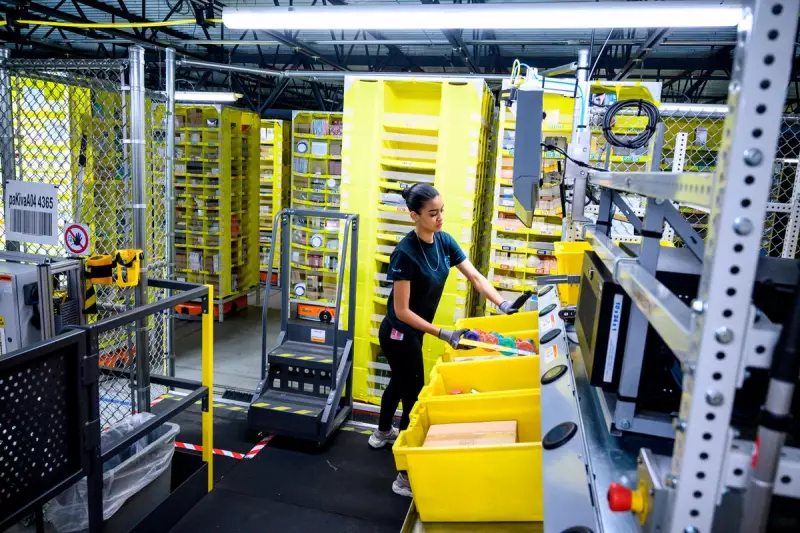
Amazon, the global e-commerce behemoth, finds itself embroiled in another significant legal challenge as federal authorities investigate claims of widespread discrimination against pregnant and disabled employees at its New Jersey warehouses.
Federal Probe Uncovers Systematic Issues
The U.S. Equal Employment Opportunity Commission (EEOC) has been conducting an extensive investigation into Amazon's employment practices, revealing what appears to be a pattern of discrimination affecting vulnerable workers. According to the findings, the company allegedly failed to provide reasonable accommodations for pregnant employees and workers with disabilities, forcing them into unpaid leave instead of making necessary workplace adjustments.
Denied Accommodations and Forced Leave
The investigation highlights numerous instances where pregnant warehouse staff requested simple modifications to their duties, such as temporary relief from heavy lifting or additional bathroom breaks. Instead of granting these reasonable accommodations, managers reportedly instructed employees to take unpaid medical leave, effectively penalising them for their medical conditions.
Similarly, workers with disabilities faced identical treatment when seeking adjustments to perform their roles effectively. The EEOC's findings suggest this was not isolated incidents but represented a systemic failure within Amazon's New Jersey operations.
Broader Pattern of Worker Treatment Concerns
This investigation adds to growing scrutiny over Amazon's treatment of warehouse employees nationwide. The company has faced previous criticism and legal actions regarding workplace safety, injury rates, and labour practices. The New Jersey case specifically focuses on violations of the Americans with Disabilities Act and pregnancy discrimination laws, highlighting what advocates describe as a corporate culture that prioritises efficiency over employee wellbeing.
Legal Ramifications and Worker Rights
Employment rights experts emphasise that federal law requires employers to provide reasonable accommodations for both pregnant workers and employees with disabilities, unless doing so would create undue hardship for the business. The allegations against Amazon suggest the company may have systematically avoided these legal obligations across multiple facilities.
As the investigation progresses, legal observers anticipate potential class-action implications and significant financial penalties if the discrimination claims are substantiated. The case serves as a stark reminder of the ongoing challenges workers face in demanding fair treatment in increasingly automated and efficiency-driven warehouse environments.





